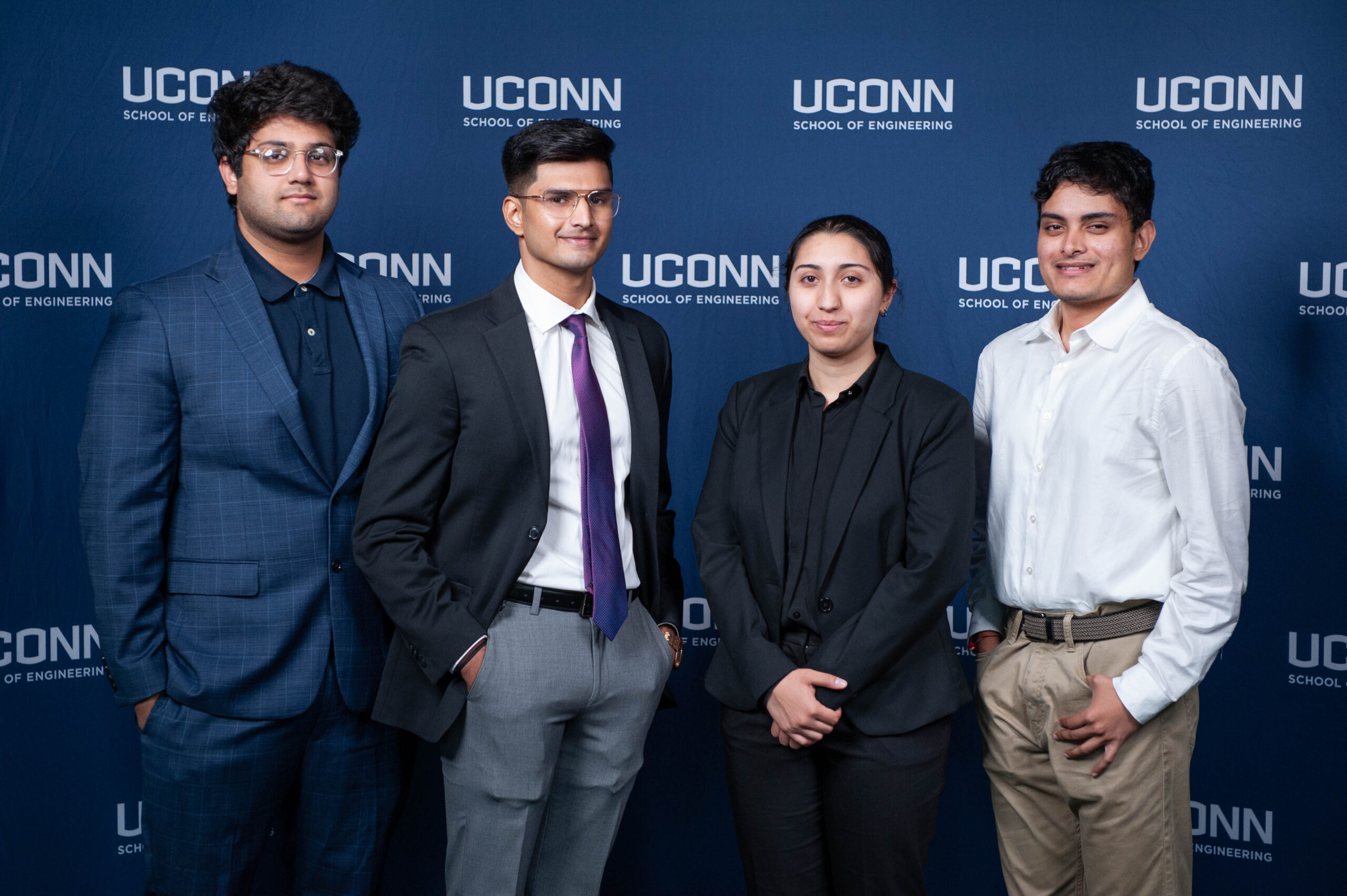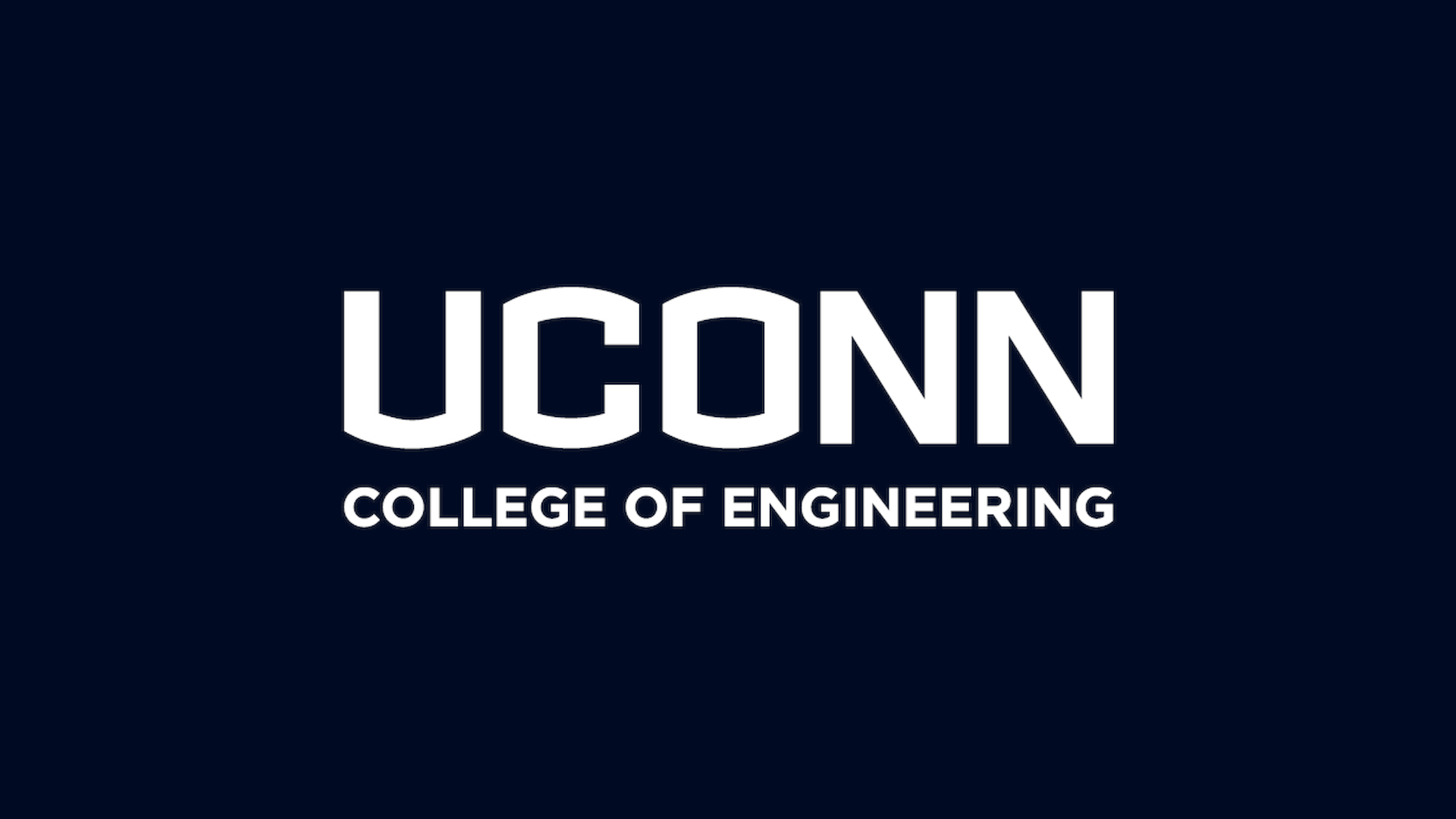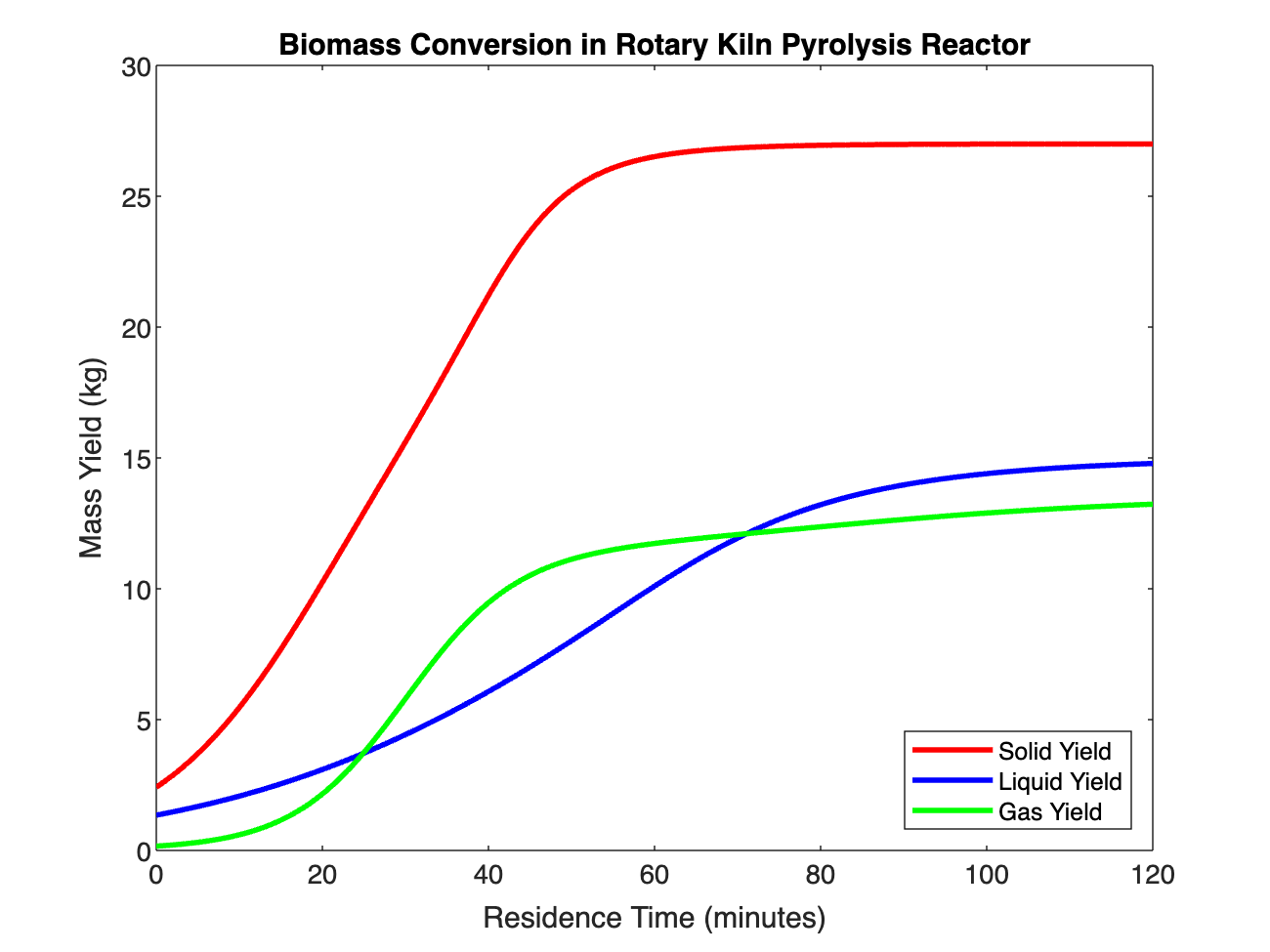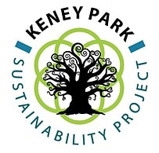

This video contains proprietary information and cannot be shared publicly at this time.
Figure 1

Team 09
Team Members |
Faculty Advisor |
Talha Ali |
Julia Valla Sponsor Keney Park Sustainability Project |
sponsored by

Production of Biochar from Wood Waste at Keney Park
Keney Park in Hartford, CT spanning over six hundred acres includes forests, meadows, lakes, gardens, and golf courses. The Keney Park Sustainability Project seeks to empower residents to protect the environment while fostering the growth and sustainability of community-based food systems. The park aims to achieve this by improving the quality of soil in its gardens to promote biodiversity. Currently, there is an abundance of biomass waste at the park in the form of sawdust, large tree trunks, mulch, and branches which can be used for biochar production. Biochar is a carbon-rich material often used to enhance the quality of soil, which can be produced from biomass through a thermochemical conversion process known as pyrolysis. Pyrolysis requires heating biomass at high temperatures in a reactor in the absence of oxygen. The reaction produces biochar, bio-oil, and syn-gas. The byproducts can be used for numerous applications like heating facilities onsite with the syngas and processing the bio-oil to use as fuel. Our purpose is to design a reactor that will utilize the wood waste at the park producing a high yield of biochar. In addition, we will also provide the operating conditions and design specifications of the reactor to maximize the yield of biochar while accounting for the composition of the biomass feedstock. Through intensive research and modeling, we propose that a rotary kiln with an inlet biomass feedstock of 100 kg operating at a temperature of 300 degrees Celsius with a diameter of 1 meter and length of 4 meters would be an optimal and efficient reactor for the park to use in the production of biochar.
